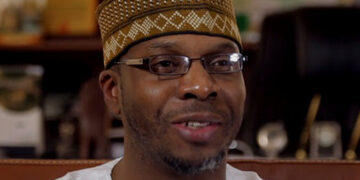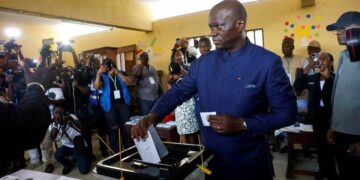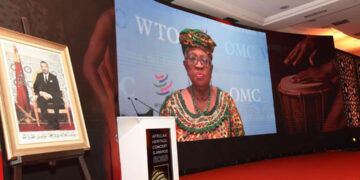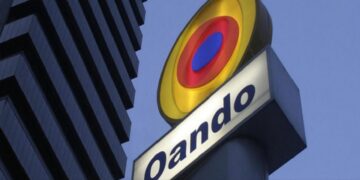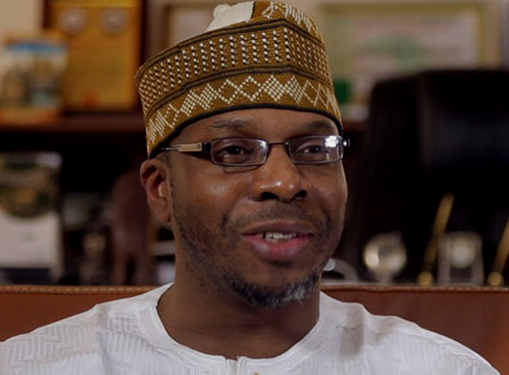The nation’s gross domestic product (GDP) increased by 0.51 percent in the first quarter of 2021.
This is contained in the Nigerian Gross Domestic Product report, recently released by the National Bureau of Statistics (NBS).
With the latest figure, Nigeria has recorded its second consecutive quarter growth since the economy fell into recession in 2020.
This implies that the economy is recovering from the contractions witnessed last year, although slowly.
According to the report, aggregate GDP stood at N40.01 trillion in nominal terms as against N35.65 trillion recorded in Q1 2020, while real GDP stood at N16.83 trillion in the review quarter.
The oil sector contracted by 2.21% (year-on-year) in Q1 2021, while the non-oil sector grew by 0.79% in the same period.
A cursory look at the report revealed that growth in the non-oil sector was driven mainly by the Information and Communication (Telecommunication) sector while other drivers include Agriculture (Crop Production); Manufacturing (Food, Beverage & Tobacco); Real Estate; Construction and Human Health & Social Services.
However, the Non-oil sector accounted for 90.75% of aggregate GDP in the first quarter of 2021.
With weak growth, few expect Nigeria’s central bank to alter interest rates next week.
The bank has pursued an accommodative stance by leaving interest rates on hold. However, dollar shortages have stoked inflation to a more than 4-year high, while a shrinking labour market and mounting insecurity have pressured households.
“While this points to the likelihood of firmer growth from the second quarter, it still does not allow for a more robust policy response to inflationary pressures,” Razia Khan, chief economist for Africa and the Middle East at Standard Chartered, said.
